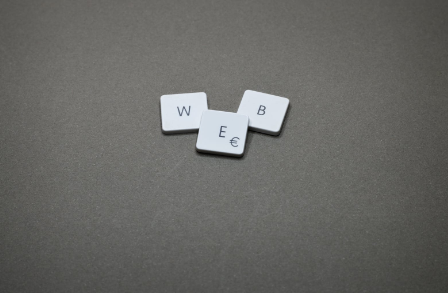Bank of Finland governor stresses digital euro’s importance in transforming monetary landscape
Speaking before a panel at the University of California, Rehn touted the digital euro as integral to the monetary system, as seen in the current trend toward digital money. He argued that risky digital assets, or private digital monies as he calls them, have been proliferating the monetary system as investors seem to have lost confidence in cash due to inflation and quantitative easing.
However, while creating opportunities for innovation and financial inclusion, digital assets have faced challenges from authorities due to their volatility and high vulnerability to attack. Their low processing capacity has also made them difficult to use as a means of payment. Rehn maintained that central bank digital currencies (CBDCs) could remedy most of the flaws of digital assets. In the case of the digital euro, it will provide a pan-European payment choice for both retail and cross-border digital payments.
He added that the ECB is developing the digital euro with the laid down requirements of accessibility, robustness, safety, efficiency, privacy, and compliance with the law.
“An economy dominated by digital payments but without a strong monetary anchor would be inherently unstable… The bottom line is that the central bank should always provide the monetary anchor for the economy – and this would be the primary reason if the ECB were to decide to issue a digital euro,” he surmised.
ECB’s work on the digital euro so far
According to an ECB report, Rehn’s statements echo the general sentiment of the majority of central banks exploring CBDCs. The report found that CBDCs are considered the only viable solution to maintain the stability of the monetary system in the digital era.
The ECB began consultation work on the digital euro last year, intending to decide on its launch by 2023. The regional central bank has completed the first phase of consultation following a series of reports, including the privacy options the CBDC is likely to have.
In July, Bank of France Governor François Villeroy de Galhau announced the start of phase two of the consultation. The stage will involve testing a prototype digital euro for retail and wholesale use, as well as further policy fine-tuning.























































First, please LoginComment After ~